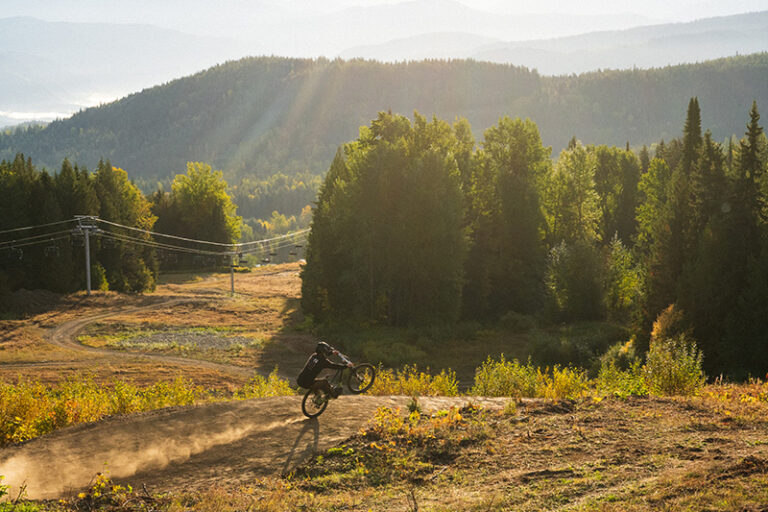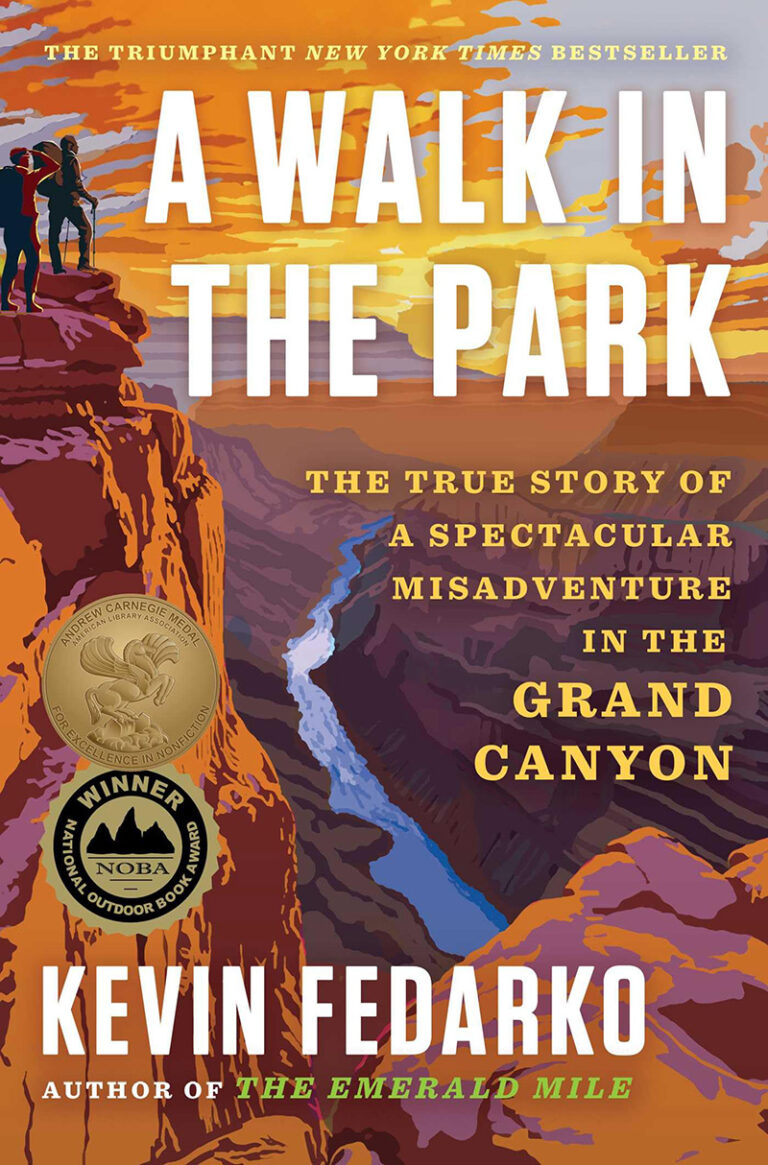Rowing The Atlantic: Lessons Learned On The Open Ocean
Roz Savage
Simon & Schuster, 2009, 242 pages
Some have criticized Rowing the Atlantic for not being a true adventure story. After all Savage is not the first person to row the Atlantic. She is not even the first person to row it solo. But if being the first to do something is a requirement for writing an adventure story, there are only a half dozen true adventure stories about Mount Everest—one for the first ascent of each route, maybe one for the first solo ascent and one for the first without oxygen. I see Rowing the Atlantic as an adventure story on two levels. First is the rowing adventure; over 100 days alone, in a boat, rowing across an ocean must contain many adventurous moments. The second is the ongoing “adventure” Roz Savage experiences as she refocuses her life.
Savage lets her determination to succeed soften the drama of raging storms trying to tear her boat apart or the fact that one more minor mishap with the oars and her trip is over. Consequently, the book aptly dwells on the mundane task of rowing 12 hours a day only when something interesting happens as when she struggles to keep the bow into the waves during a storm, handling the tension posed by the ever present danger of rogue waves or when an oar splinters while she rows. She shows us just enough of the day to day routine of eating, sleeping, navigating and rowing to bring us on board her boat.
Woven throughout the book are flashbacks to the events leading up to the decision to participate in the 2005 edition of the Atlantic Rowing Race. Piece by piece, presented as though they are ponderings to wile away the hours spent at the oars, Savage reveals the twisted, sometimes painful, path from successful but dissatisfied management consultant to ocean adventurer.
In revealing her life story and the changes she has made, Savage shows us that we each can undergo a similar metamorphosis. Readers will contemplate the choices they have.made in their lives. Readers, hopefully, will contemplate alternatives to a consumptive lifestyle; some will be moved to change.
Rowing the Atlantic gives the reader a taste of the trials of long distance ocean rowing. She relates the oft told story of writing two obituaries, the one she was headed for on her business career path and the one she would like to have; the realization that the business path could not lead to the life she wanted, and demanded radical change.
Stan Miller
Fat Of The Land: Adventures Of A 21st Century Forager
Langdon Cook
Mountaineers Books/Skipstone, 2009, 240 pages
Huckleberries, sure. Dandelions, maybe. Stinging nettles, maybe not. Langdon Cook’s first-person narrative of his foraging adventures in Puget Sound, the Cascade Mountains and other locales in Washington State are more entertaining than persuasive and instructive. While his book is somewhat of a how-to process description, it is more like a confessional about his missteps during his experimental pursuits.
Whether it is the aforementioned plants, mushrooms, oysters, lingcod, squid, or razor clams, Cook turns each new quest for fresh, local and seasonal food into an all-encompassing affair. He documents his attempts to reconnect to the landscape and appreciate the earth’s abundance in fifteen chapters, organized according to the four seasons. Each chapter focuses on a specific food and concludes with a recipe, including Razor Clam Chowder, Shellfish Stew, Cream of Stinging Nettle Soup, Dungeness Crab Cakes, Butter Worshipper’s Huckleberry Cobbler, and Risotto Nero con Calamari.
What I found to be most interesting were the historical background and cultural details of his food pursuits: the diminishing lingcod and razor clam populations, the mushrooms most at risk of environmental toxins, and the multi-cultural crowd of late-night squid foragers on a Seattle pier.
One does not have to be foodie to enjoy this book, though this does seem to be closer to Cook’s ideal reader. As narrator, he conveys a hybrid persona—one part Michael Pollan, two parts Boy Scout. Cook’s scenes move between self-depreciating anecdotes and precise descriptions. Although there is occasional lyric prose—such as, “Seattle is a sad, wet place in the depths of winter….”—he is more often speaking as a self-contented urban dweller who, eventually, achieves his man-of-the-land goals. Each relentless quest to provide a fresh, locally sourced dinner further refines his identity as hunter-gatherer-provider for his wife and friends.
Overall, Cook proves how he learned to become a skilled and dedicated modern-day forager who takes advantage of the bounty in the Pacific Northwest.
Amy S. McCaffree













